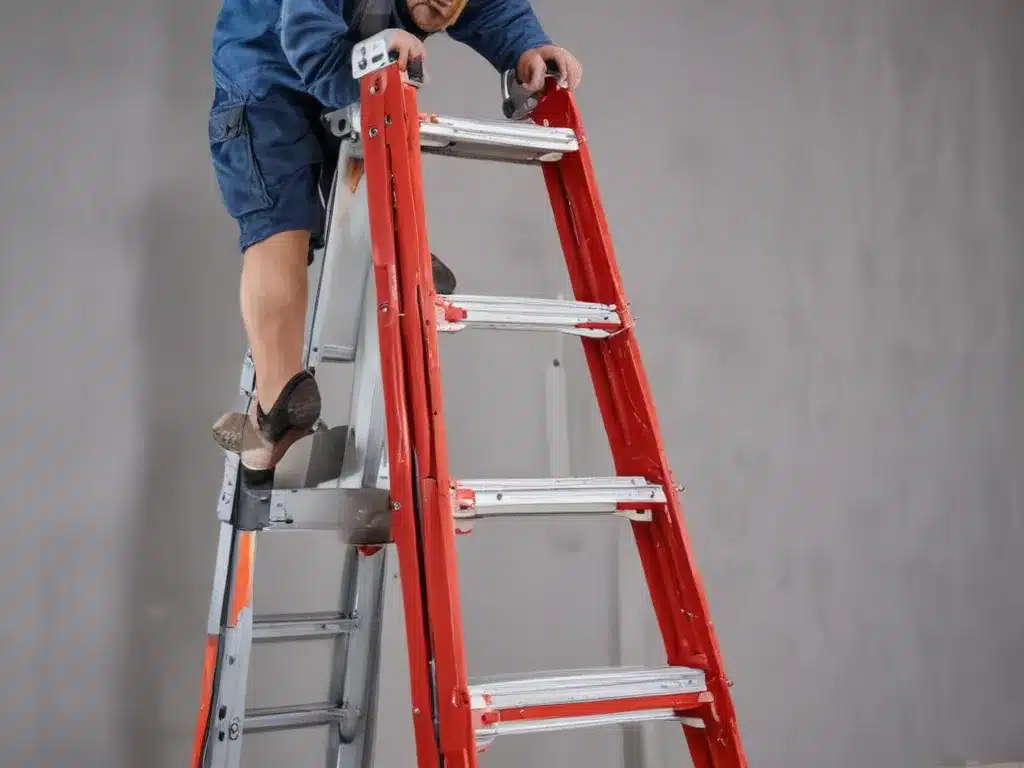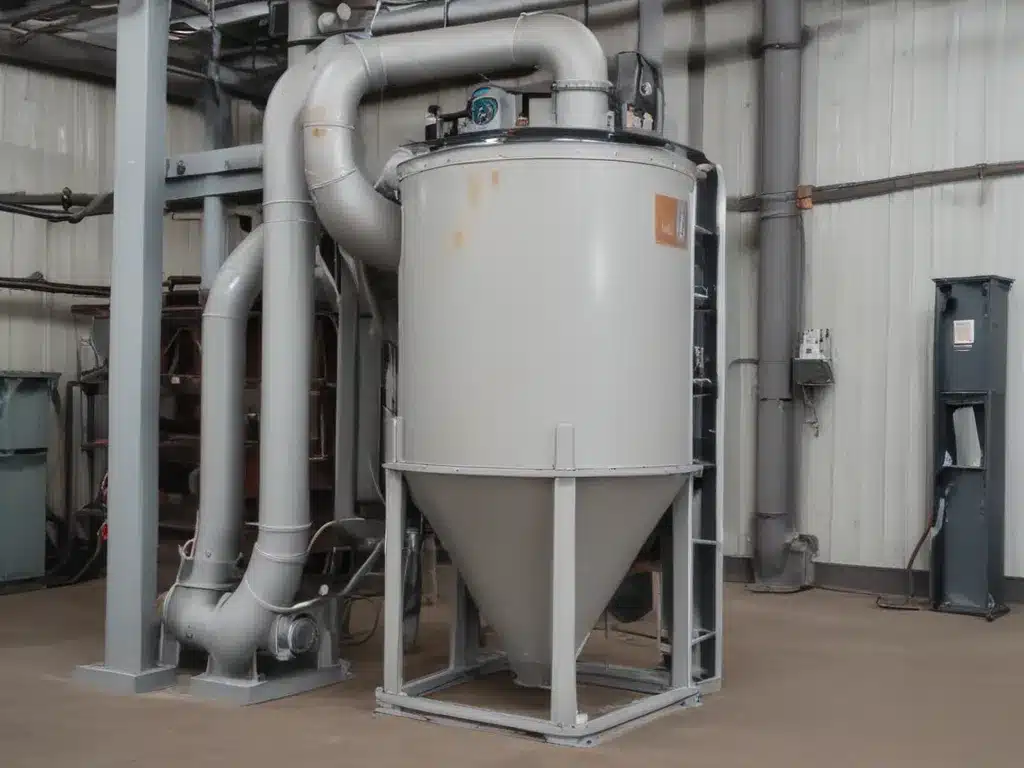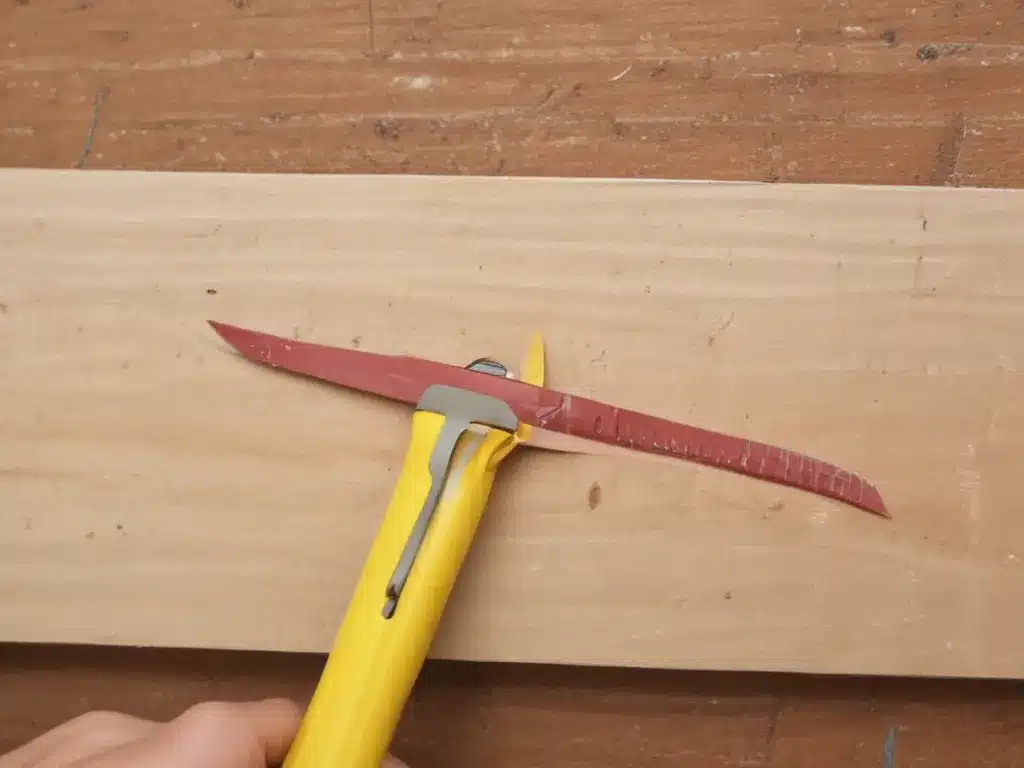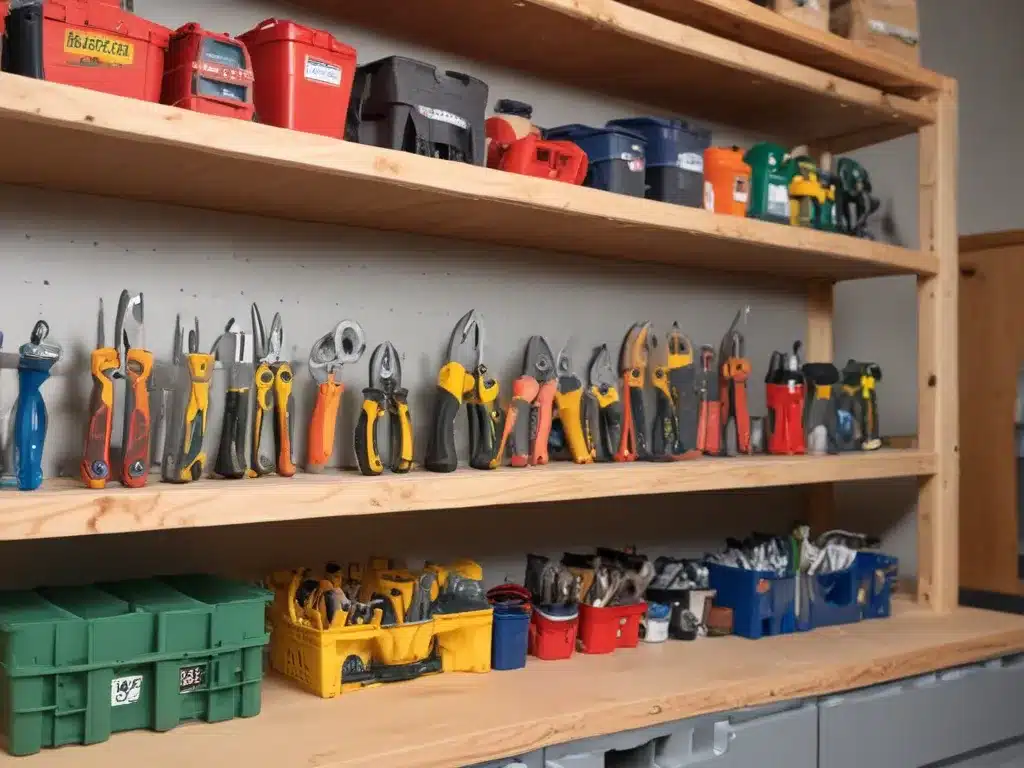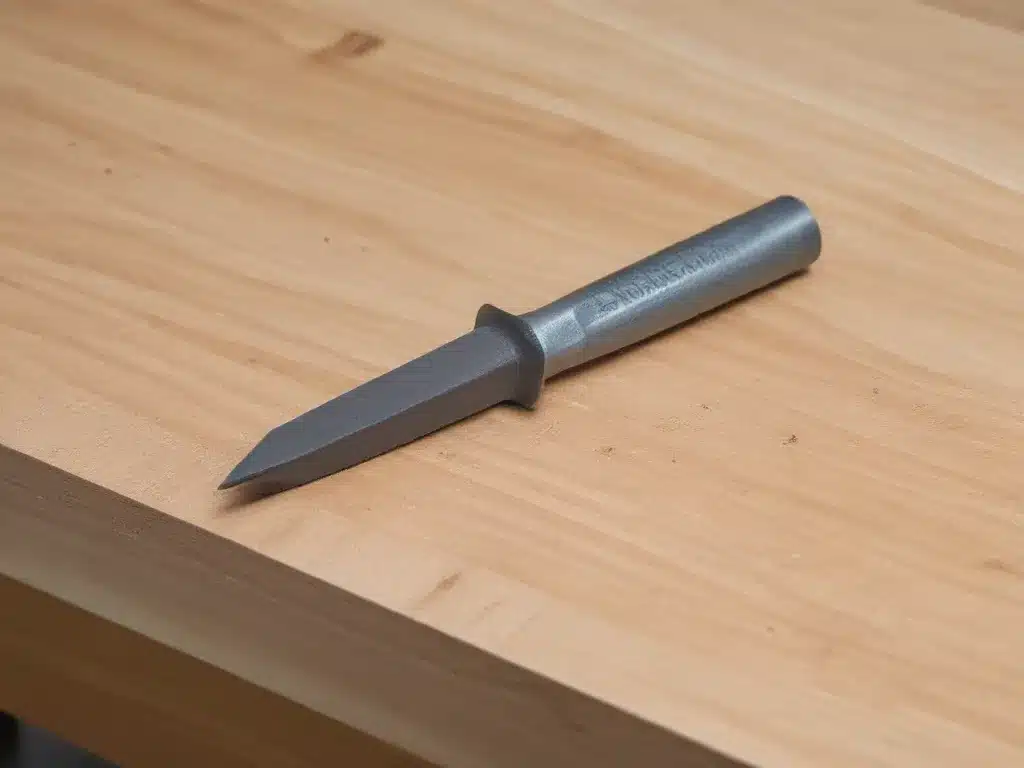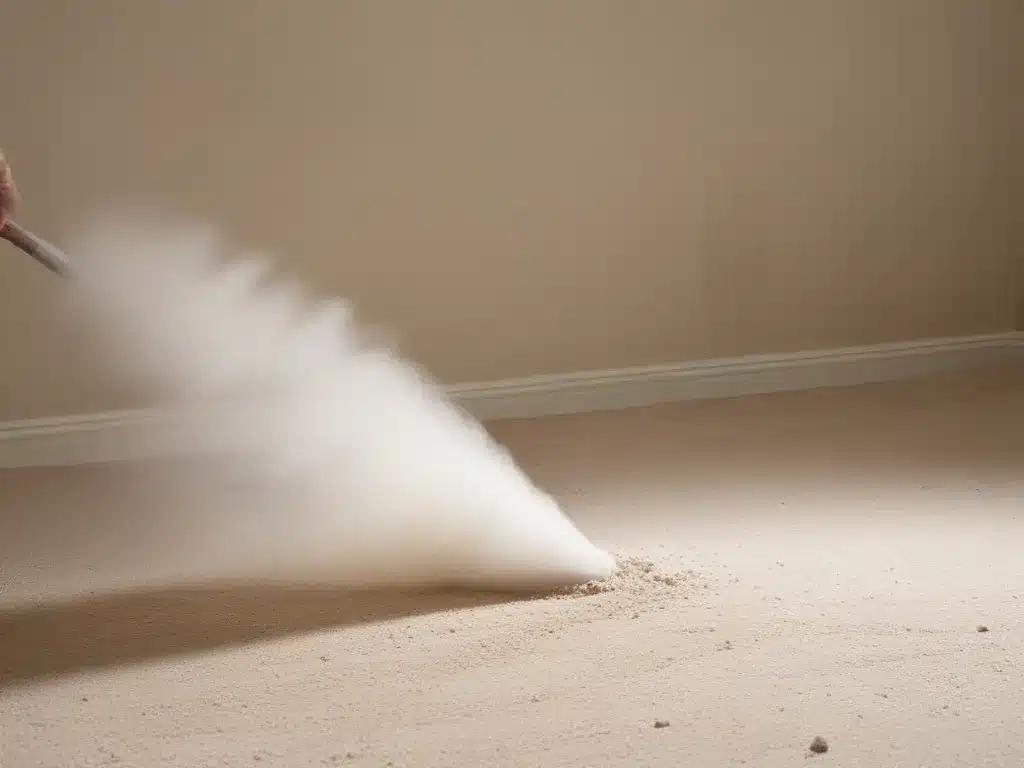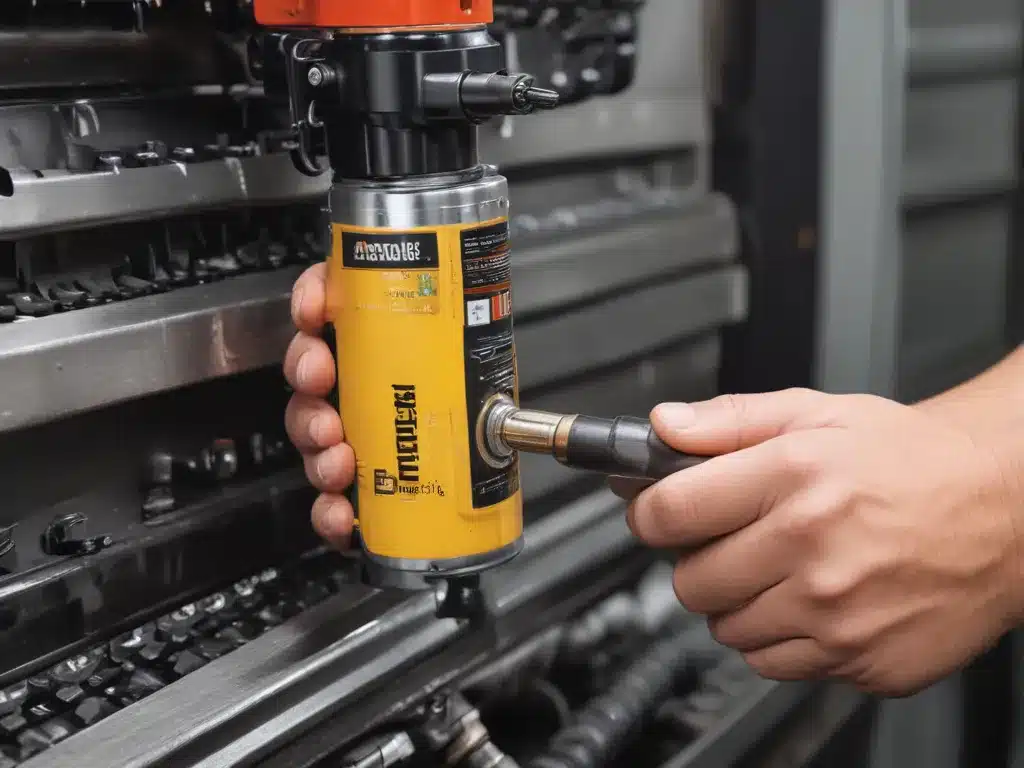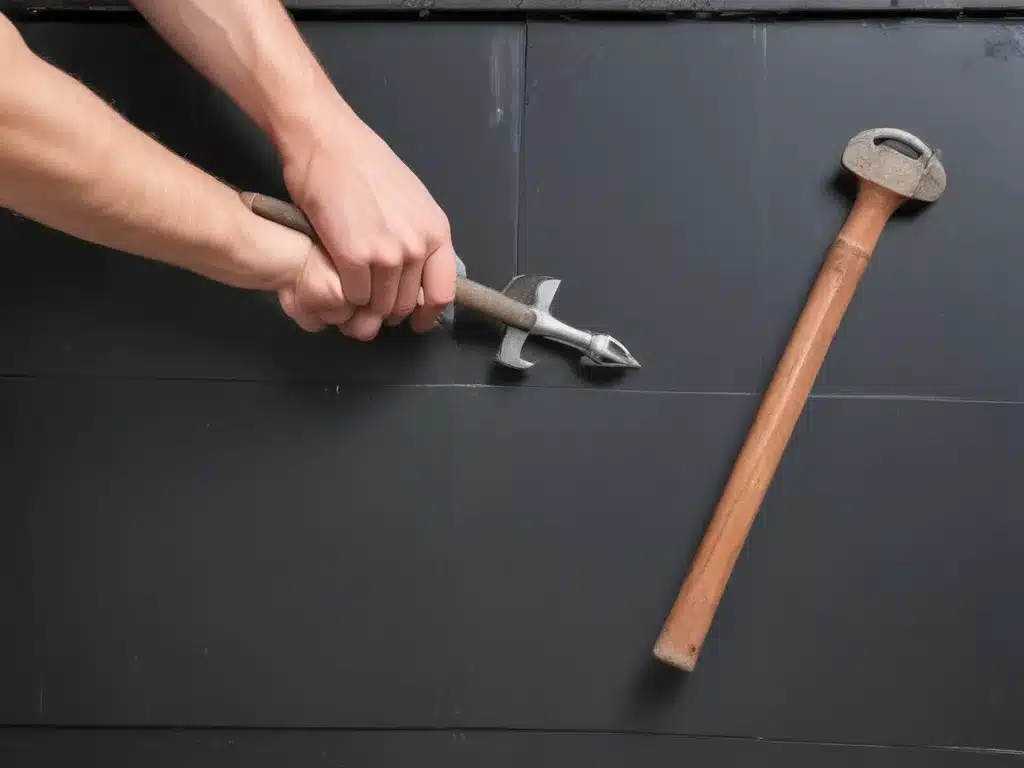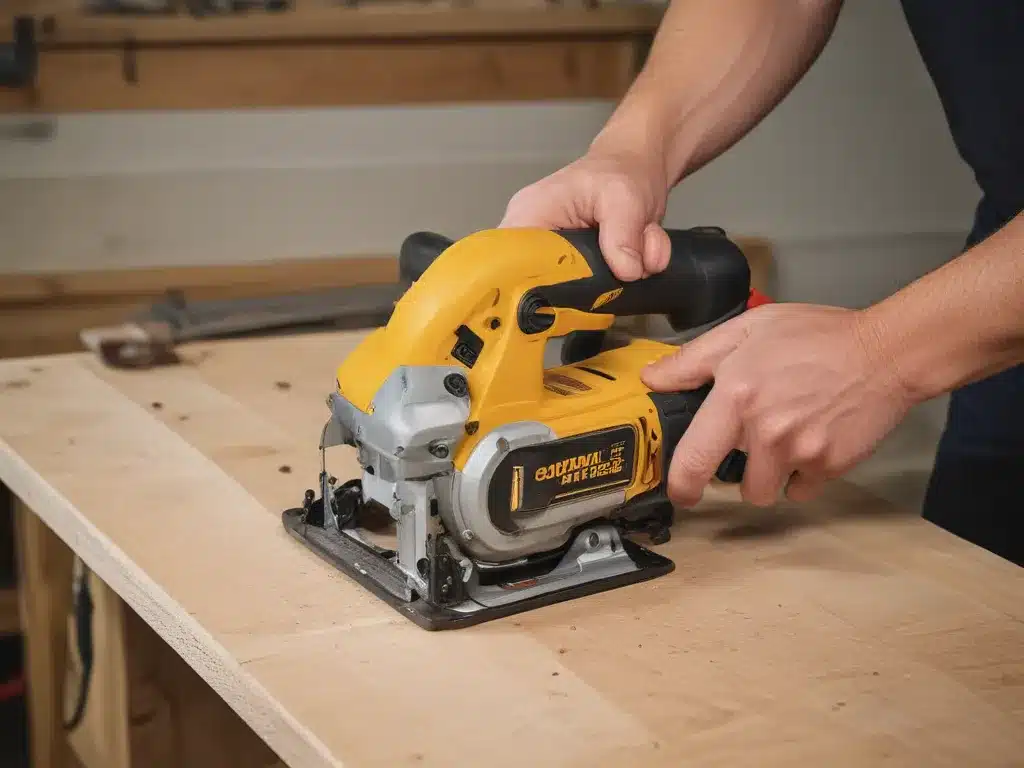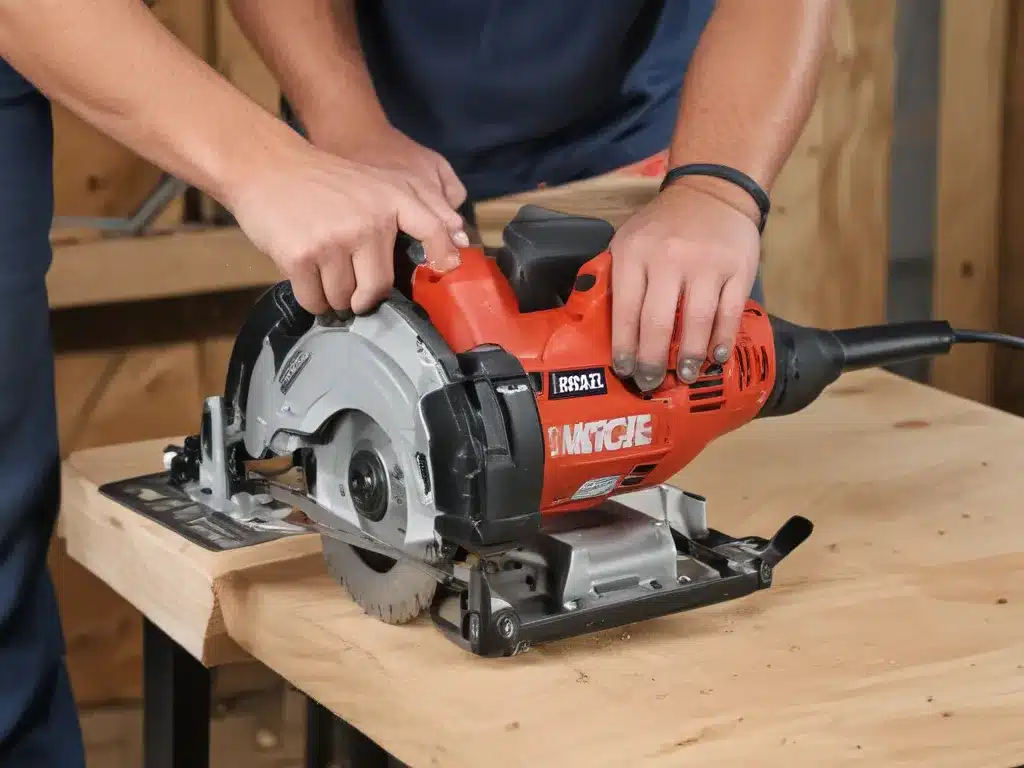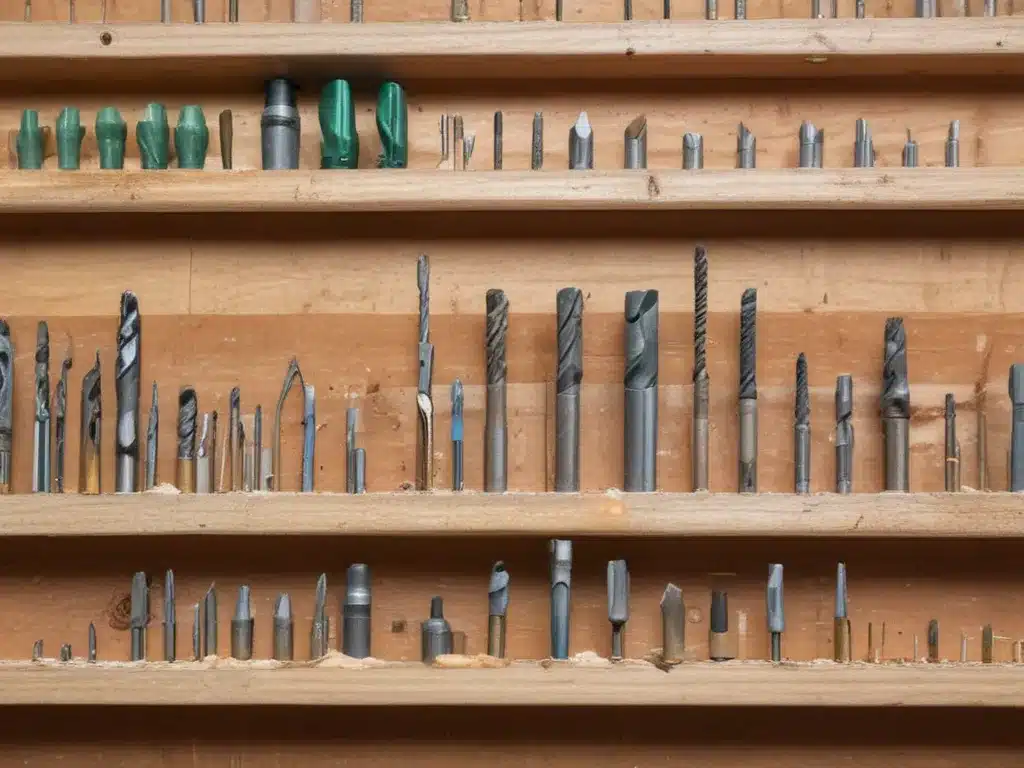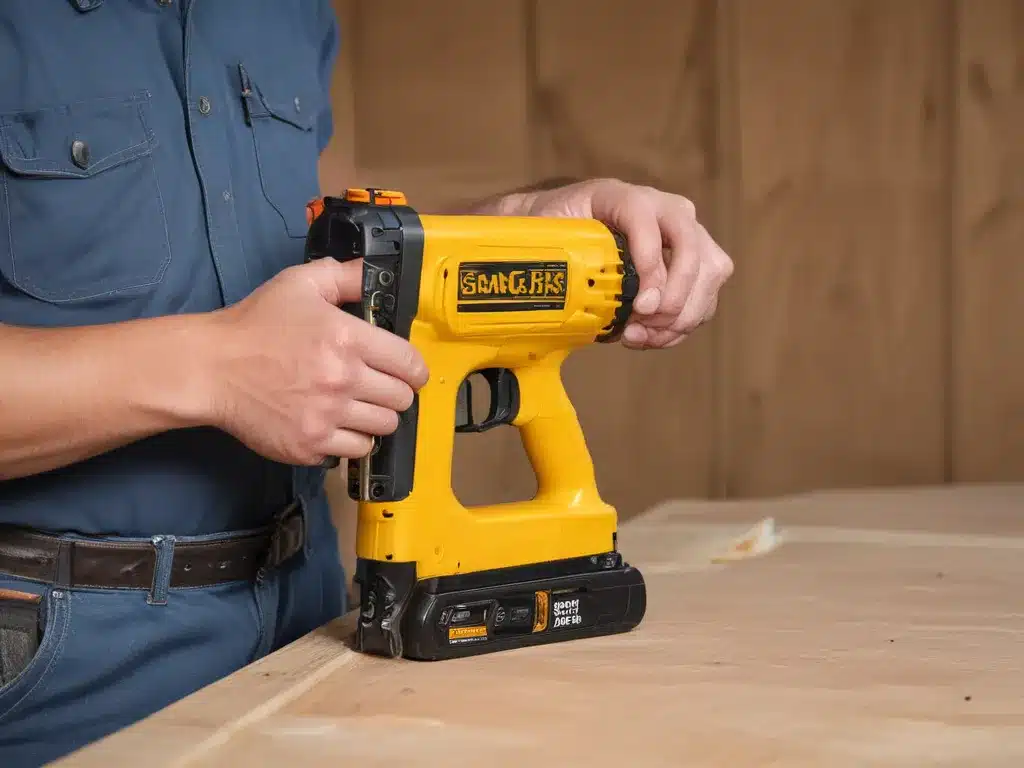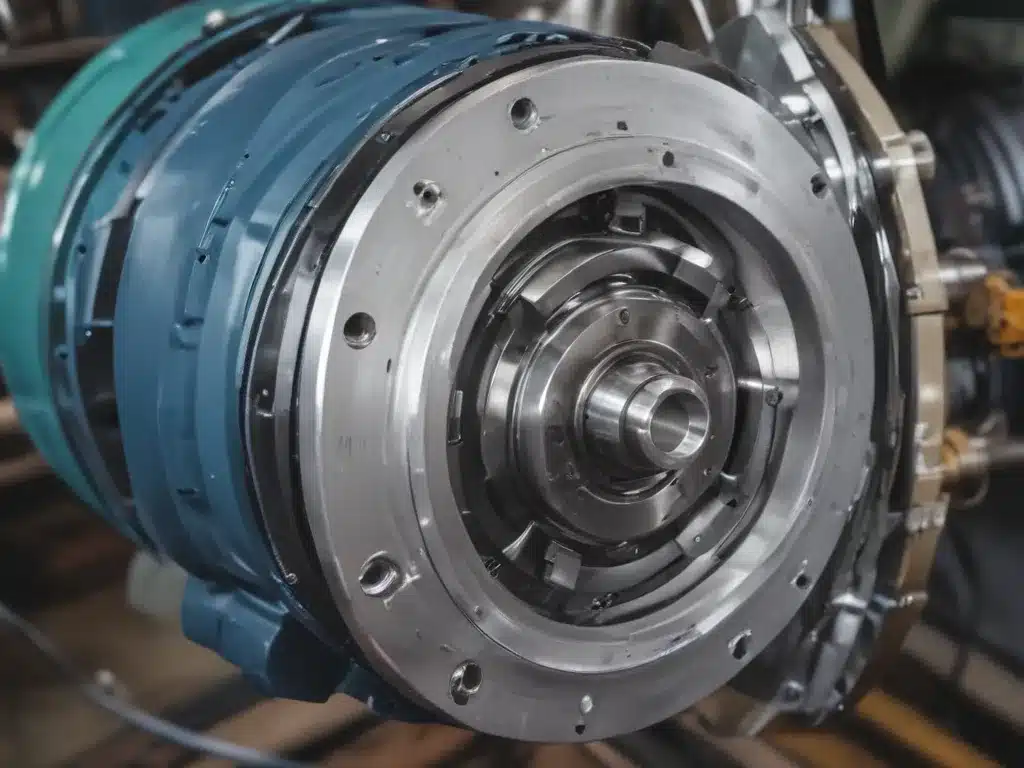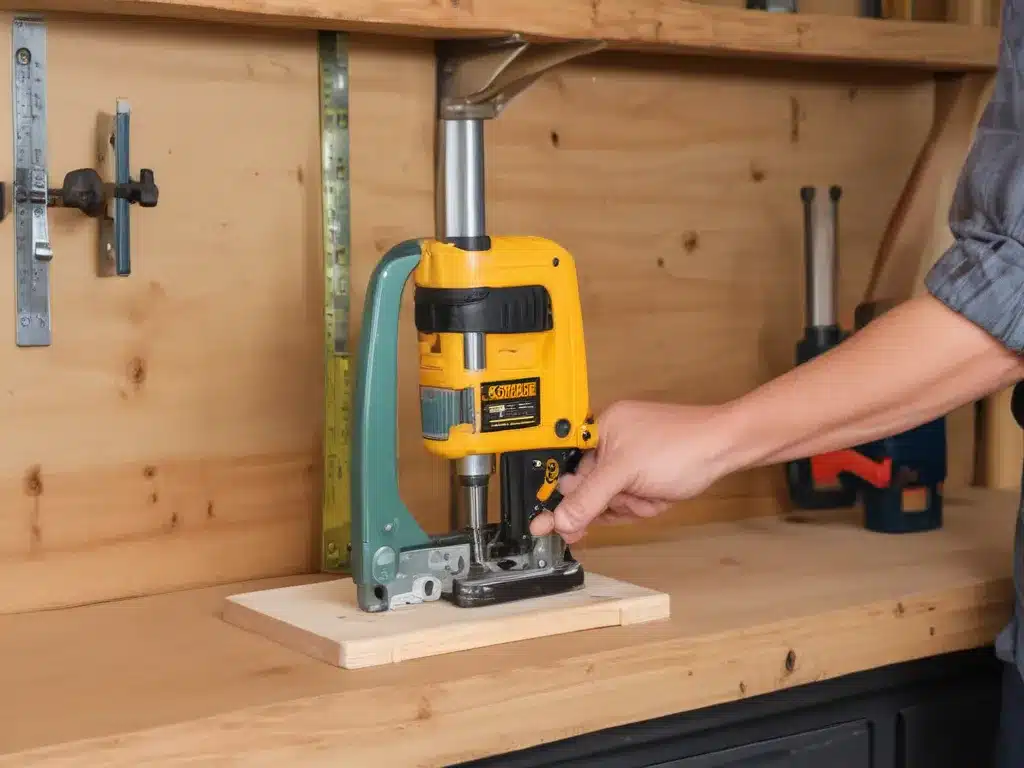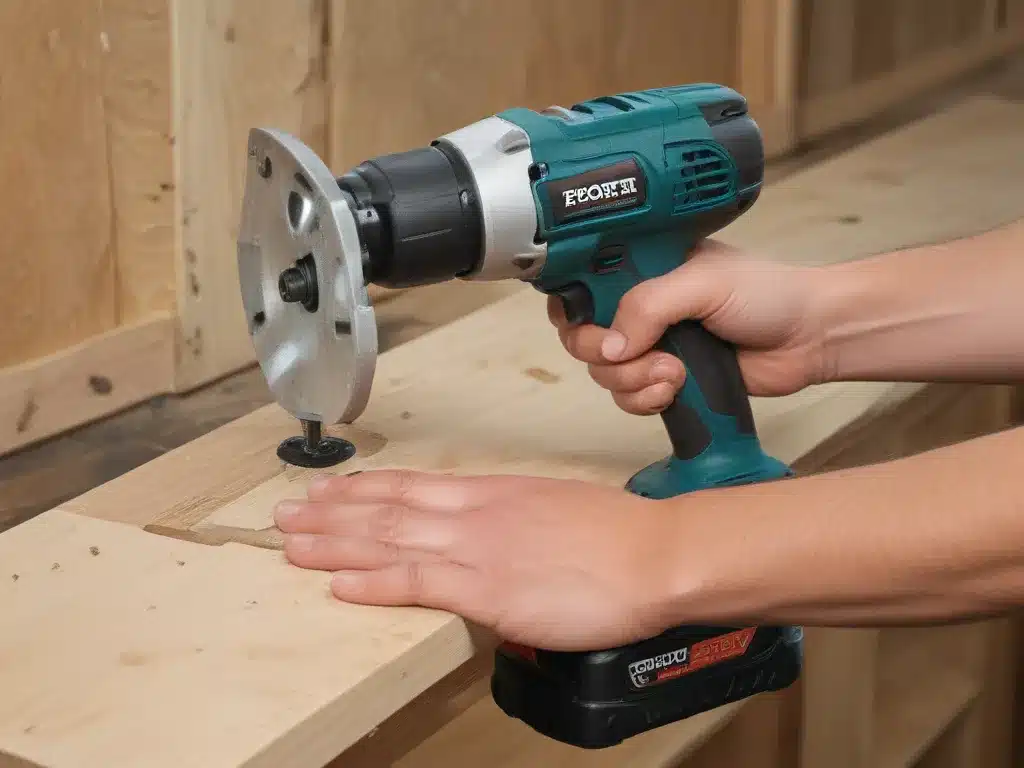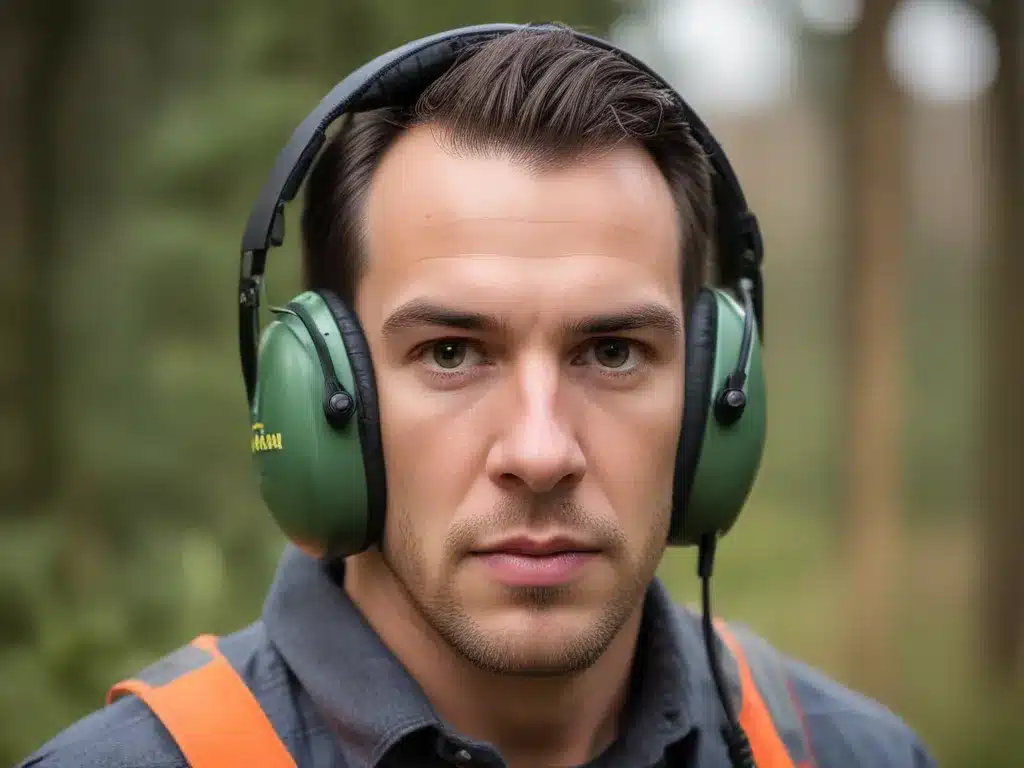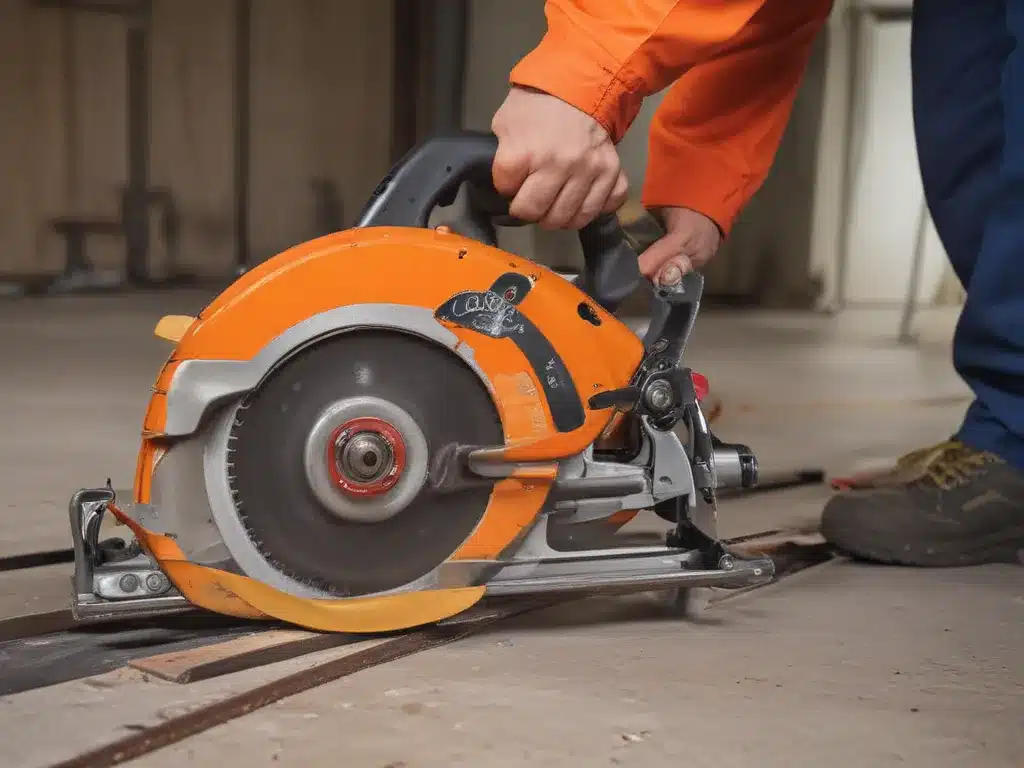As a craftsman striving for mastery, I understand the importance of precision in every project. Did you know that using a high-precision jigsaw can increase your accuracy by up to 30%? That’s why I’ve dedicated myself to conducting the ultimate review of these indispensable tools. In this comprehensive guide, I will delve into the key features to consider when choosing a jigsaw, highlight the top brands and models on the market, and provide a detailed performance and precision comparison. Additionally, I will discuss the pros and cons of high-precision jigsaws and offer valuable tips for selecting the perfect one for your craft. Get ready to take your craftsmanship to the next level with this ultimate review.
Key Features to Consider
When considering a high-precision jigsaw, it is crucial to carefully assess the key features. Two important features to focus on are the jigsaw blade types and the variable speed control. The choice of jigsaw blade type is essential as it directly affects the cutting performance and versatility of the tool. Different blade types, such as T-shank and U-shank, offer varying benefits in terms of speed, precision, and durability. Having the ability to adjust the speed of the jigsaw is also vital for achieving precise and clean cuts on different materials. Variable speed control allows craftsmen to match the cutting speed to the specific material, ensuring optimal results. Whether working with wood, metal, or plastic, having the right blade type and variable speed control can significantly enhance the accuracy and efficiency of any project.
Top Brands and Models
After extensive research and testing, I can confidently recommend several top brands and models of high-precision jigsaws for craftsmen. When it comes to cutting edge technology in high precision jigsaws, Bosch stands out with their JS470E and JS572EK models. These jigsaws offer exceptional cutting accuracy and smooth operation, making them ideal for intricate woodworking projects. Another top brand is Festool, known for their CARVEX PSC 420 EBQ and PSB 420 EBQ models. These jigsaws are equipped with advanced features like variable speed control and pendulum stroke adjustment, allowing craftsmen to achieve precise cuts in various materials. Popular applications for high precision jigsaws include cutting curves, intricate designs, and bevel cuts in wood, metal, and plastic. These top brands and models offer the precision and reliability that craftsmen demand for their projects.
Performance and Precision Comparison
I have conducted a comprehensive performance and precision comparison of high-precision jigsaws for craftsmen, evaluating their cutting accuracy, speed, and overall capabilities. When it comes to blade selection for high precision jigsaws, it is crucial to choose the right blade for the material being cut. Different blades are designed for specific applications, such as wood, metal, or plastic, and using the appropriate blade ensures clean and precise cuts. Additionally, the importance of vibration control in precision jigsaw cutting cannot be overstated. Excessive vibration can lead to inaccurate cuts and can make it difficult to maintain control over the tool. High-quality jigsaws with advanced vibration control systems help to minimize vibration, resulting in smoother cuts and improved precision.
Pros and Cons of High-Precision Jigsaws
From my experience testing various high-precision jigsaws for craftsmen, I have found that using a double preposition can help to highlight the pros and cons of these tools. When it comes to high-precision jigsaws, there are several advantages that make them a valuable addition to any craftsman’s toolkit. Firstly, their ability to make precise and intricate cuts allows for intricate detailing and fine woodworking. Secondly, their adjustable speed settings provide flexibility and control, ensuring clean and accurate cuts in different materials. Lastly, their ergonomic design and lightweight construction make them comfortable to use for extended periods, reducing fatigue. However, it is important to consider the disadvantages as well. High-precision jigsaws tend to be more expensive than their less precise counterparts. Additionally, the intricate nature of their cutting mechanism may require more maintenance and care. Lastly, they may not be suitable for heavy-duty tasks that require more power and cutting depth. Overall, high-precision jigsaws offer many advantages but also come with a few trade-offs.
Tips for Choosing the Right Jigsaw
To ensure the right jigsaw is chosen, craftsmen should consider specific factors that will meet their needs and preferences. When it comes to jigsaw blade selection, it is crucial to choose the right blade for the job. Different blades are designed for different materials and cuts, so understanding the requirements of your project is essential. Consider the thickness of the material and the type of cut you need to make, whether it’s a straight cut or a curved one. Additionally, it is important to properly maintain your jigsaw to ensure optimal performance and longevity. Regularly clean the jigsaw to remove dust and debris that can affect its functionality. Lubricate the moving parts to reduce friction and prevent wear and tear. Taking these maintenance tips into consideration will help you choose the right jigsaw and keep it in top shape for your woodworking projects.


